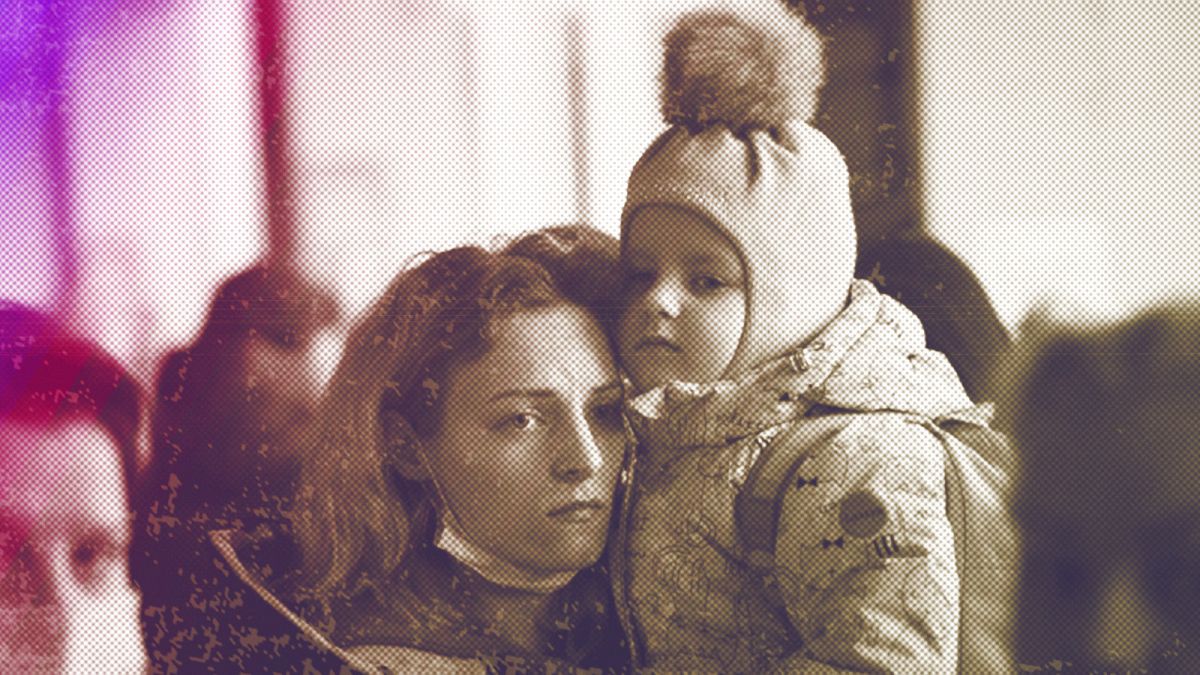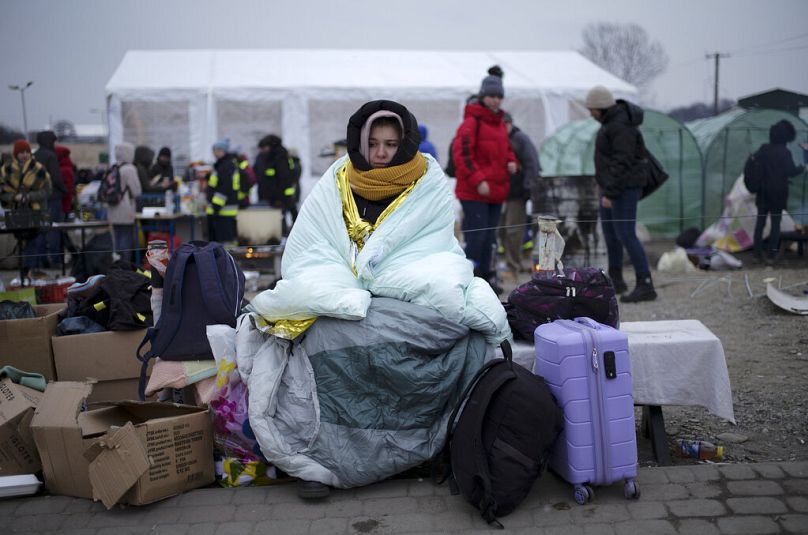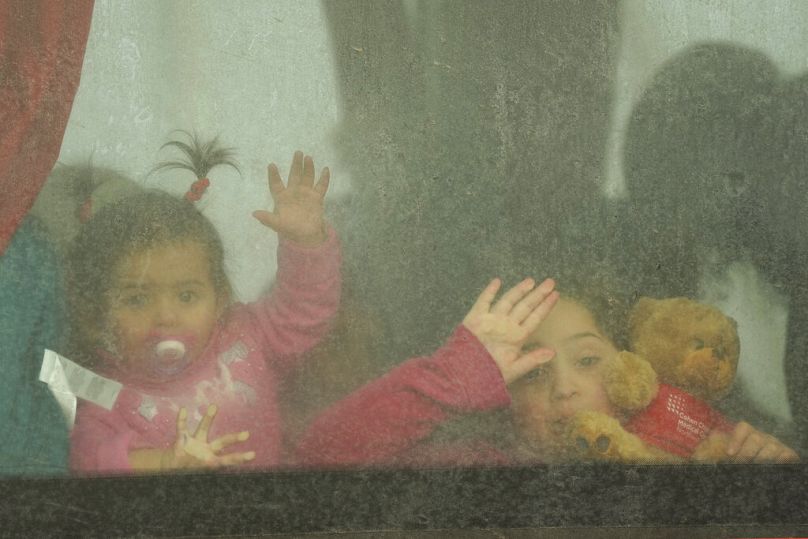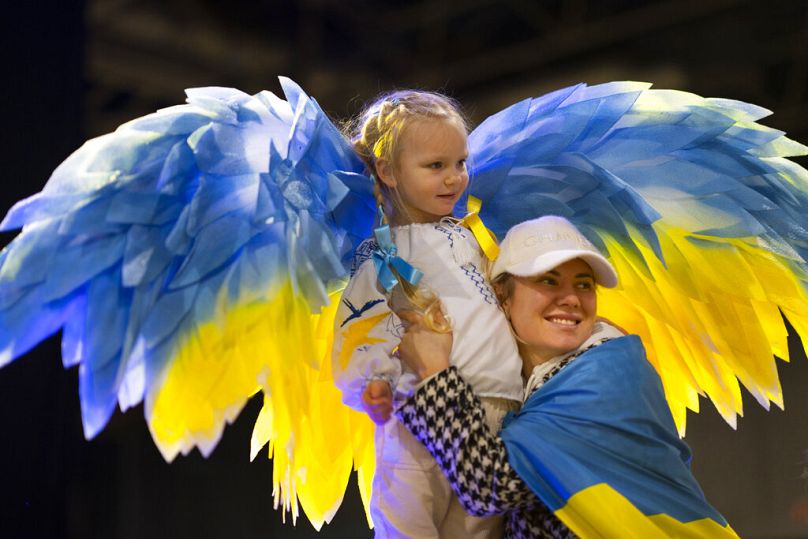There is someone out there seeking help who does not know anything about you, but who has hopes that you and all humanitarian workers they encounter will be their collective anchor, Miljana Grbić writes.
I have long been a provider of international humanitarian aid. But once I was a beneficiary of aid myself.
Decades ago, when my child was very young, our family, like many others affected by conflict, had to make the decision to flee our home because we could no longer guarantee that we would remain safe if we stayed.
Although my experience of being displaced was a long time ago, it has left lasting memories and continues to inform my decision-making as a humanitarian.
Vulnerabilities make challenges more acute
I will never forget planning for every step ahead, despite the overwhelming uncertainty about what tomorrow would bring.
My lived experience means that I understand and anticipate the small details that others may not think about.
How difficult it is for a new mother to breastfeed when she is stressed.
What parents need to do if they are in a foreign country with a different language and don’t have records of their children’s vaccination history.
How to ensure those with chronic diseases can access the care they need to stay alive.
When parents — including those whose families are on the run — tell me their concerns about how to access medical treatment if their child gets sick, or how to ensure they receive the vaccines to fight off infections, I understand their worries.
Access to healthcare for people on the move is not always smooth. But for anyone who has been forced to flee and is travelling with children, the elderly or those with a disability, their vulnerabilities mean that these challenges are far more acute.
Inadequate or crowded accommodation can lead to disease outbreaks that can lead to serious illness or fatalities for those without resilience. Missed opportunities for routine vaccinations have the potential to become deadly.
The kindness of strangers stays with you forever
Understanding the concerns and difficulties of forcibly displaced families helps me and my colleagues at the World Health Organisation Moldova Country Office to effectively plan for services to meet the needs of refugees.
Last year, when tens of thousands of refugees began fleeing from fighting in neighbouring Ukraine, my WHO Moldova colleagues and I immediately travelled to the border area.
Alongside UN partner agencies and the Moldovan government, I saw thousands of ordinary Moldovan citizens helping their Ukrainian neighbours.
The kindness that complete strangers extended to me when I was on the move all those years ago is something I have never forgotten.
And I have seen this replicated in the hundreds of small but significant acts from ordinary Moldovans opening their hearts and homes to Ukrainian refugees in their hour of need.
On a wider scale, the Moldovan government itself has shown similar generosity in addressing the health and other needs of refugees over the past 18 months.
Humility above all
Everyone has a role to play in emergencies, whether it is helping authorities with registration, organising services, managing supplies, coordinating more efficient support, and many more functions.
Humanitarian work requires total commitment, along with an understanding of your own limitations and the strengths of your partners.
And last but not least, it demands humbleness, as there is someone out there seeking help who does not know anything about you, but who has hopes that you and all humanitarian workers they encounter will be their collective anchor as they transit through an experience one can never be prepared for.
Dr Miljana Grbić is the World Health Organisation Representative in the Republic of Moldova.
At Euronews, we believe all views matter. Contact us at view@euronews.com to send pitches or submissions and be part of the conversation.



